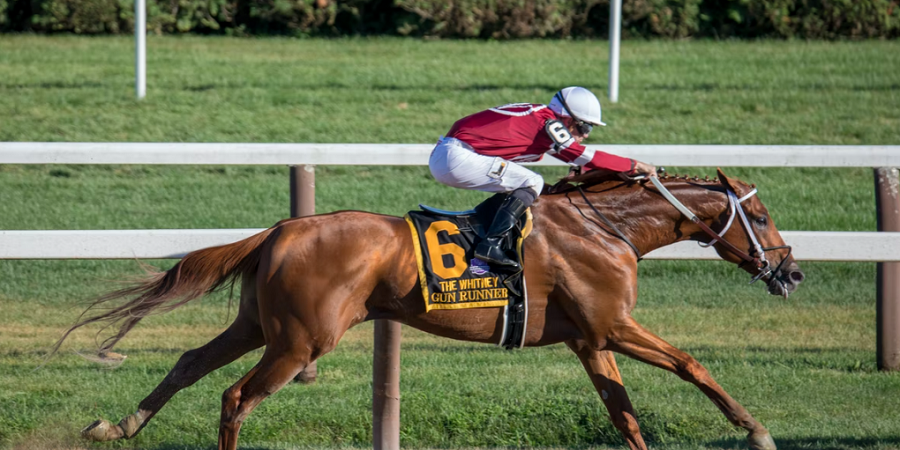Jockeys have to continually watch their diet to maintain a low racing weight. This results in some Jockeys losing rides as they are unable to make the weight that a horse requires for certain races. It is renowned that many Jockeys are functioning on less than 1,000 calories per day. So what is a regular Jockey diet and how exactly do they stay within their weight limitations? You can do your own racing betting and follow some of the top jump jockeys on their key rides in the upcoming jumps season.
The average man will consume around 3,000 calories a day with Women at 2,000. This in comparison to the average of around 1,000 and 500 calories a meal for a Jockey. Jump Jockeys have to make 10 stone minimum with 8 stone for flat Jockeys in the UK. With this being the case it of course means many people would be unable to even try to get to that weight as it would be impossible. Many of the top Jockeys may now seek help through nutritionists to enable them to be as effective as possible with the weight and dieting.
One of the top Irish jump Jockey’s is Barry Geraghty who has continued to keep a low riding weigh throughout his career. He revealed that his weight is kept down by extensive exercises to increase his metabolism before eating. He focuses on circuit training and long cardio runs to continue to lower and maintain his weight.
Geraghty says it is important to eat smart. This stems down from a low fat diet with high intakes of protein. This therefore helps to prevent weight gain. You have to be extremely fit to be a jockey so it is important at the same time for them to be able to function to a high level with low amounts of food; this being both a physical and mental battle.
Former champion flat Jockey Jim Crowley is another star of the sport who has continued to be well on top of his diet with a low race weight. Back in 2016 he gave an example of his regular daily intake. This included Scrambled eggs and ham for breakfast followed by a high protein snack at lunch. Then another high protein meal of steak and salad for dinner. This shows just how low the intake is for a regular jockey considering the physical job they intake.
The greatest jump Jockey who retired several years ago was AP McCoy. He remained at the top of the sport and continued to break records year in year out. He said throughout his racing career he would remain at a weight that is two stone below what his weight would regularly be. This backs up the point that a Jockey must maintain this lifestyle all year round in comparison to other athletics such as fighters who have to go through tough weight cuts but can indulge and gain weight following there fights.
With all this being the case it just shows the difficult lives Jockeys need to go through and how disciplined and maintained they need to be to remain at the top of the sport with how competitive it is between them to get the best rides.










